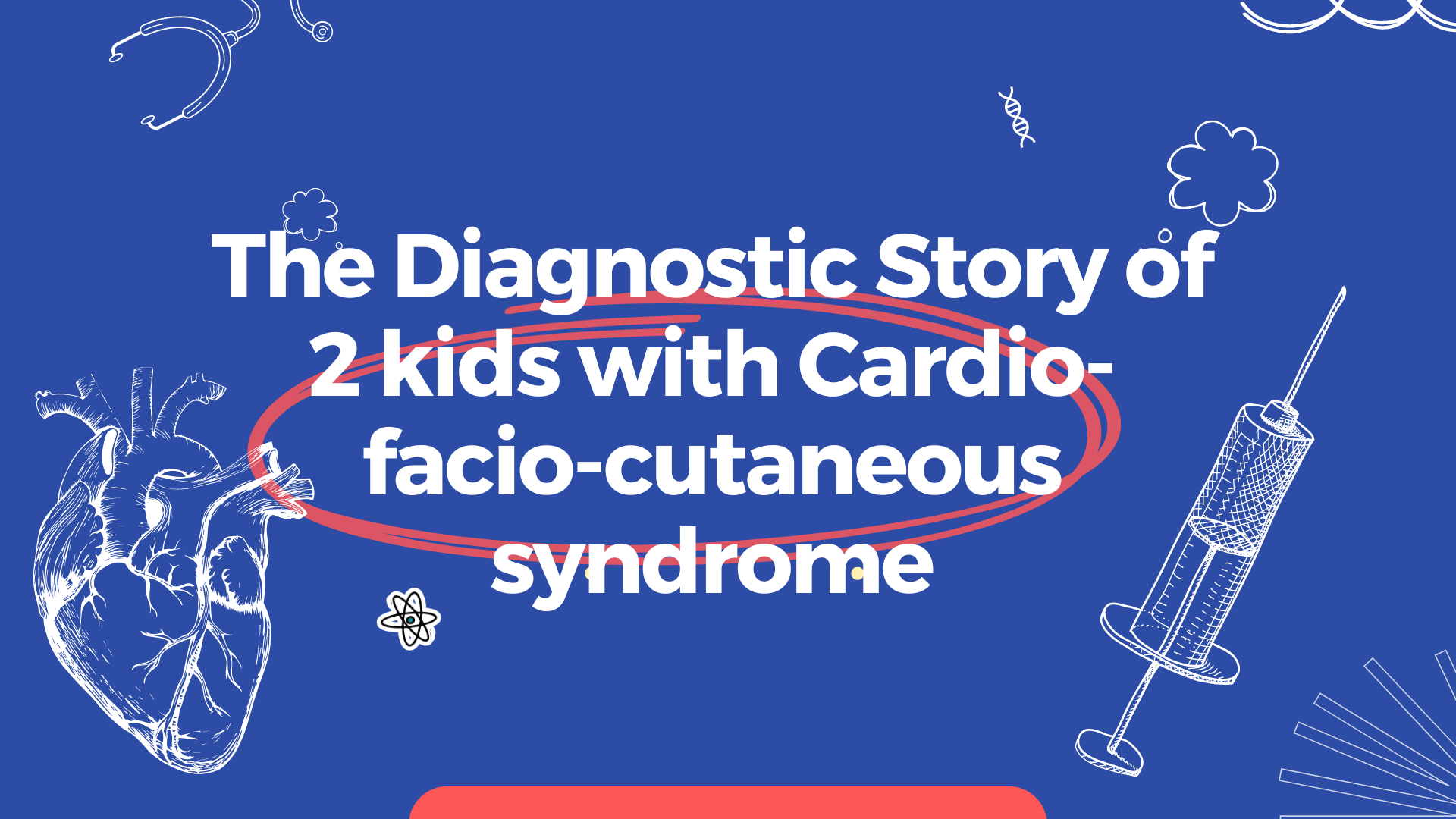Historically, the elusive nature of neurodevelopmental disorders (NDDs) posed a significant challenge in understanding their origins and effective management.
However, recent advancements in genetic testing have ushered in a paradigm shift. Techniques like Whole Exome Sequencing (WES) and Whole Genome Sequencing (WGS) are now illuminating the once obscure genetic pathways of NDDs. This introduction will delve into how these breakthroughs in genetic technology have transformed our approach to diagnosing, understanding, and treating these complex disorders, marking a new era in neurodevelopmental healthcare.
About Neurodevelopmental disorders
Neurodevelopmental disorders (NDDs) encompass a wide range of conditions affecting brain development and functioning, with genetic factors playing a crucial role. Autism Spectrum Disorder (ASD) is a prominent example, where genetic variations contribute to its development. Scientific studies have revealed that both inherited and de novo genetic mutations can lead to NDDs. For instance, Fragile X syndrome, caused by a mutation in the FMR1 gene, is a well-known genetic cause of intellectual disability.
Additionally, advancements in genetic testing, such as chromosomal microarray analysis and whole exome sequencing, have enabled the identification of numerous gene variants associated with NDDs. These discoveries have significantly enhanced our understanding of these disorders, offering insights into their diverse and complex genetic foundations.
Types of Genetic Testing
Over the past two decades, advancements in genetic testing have significantly enhanced our ability to identify specific genetic causes for neurodevelopmental disorders. This progress, coupled with comprehensive patient data, has led to a surge in the discovery of new genes linked to these disorders. Resources like the Geisinger Developmental Brain Disorder Genes Database, the Clinical Genome Resource, and DECIPHER offer updated insights into the connections between genetic variants and neurodevelopmental disorders. Genetic testing, including chromosomal microarray analysis, exome sequencing, and FMR1 CGG repeat analysis for fragile X syndrome, has become a cornerstone in diagnosing conditions like intellectual disability, global developmental delay, and autism spectrum disorder. It's crucial for pediatric healthcare providers to be well-versed in these testing methods and their relevance in managing neurodevelopmental disorders.
Historically, techniques like karyotyping and FISH (Fluorescence In Situ Hybridization) were standard, mainly detecting large chromosomal abnormalities. However, the trend has shifted towards more sophisticated methods. Chromosomal Microarray Analysis (CMA) allows for detecting smaller genomic variations. Whole Exome Sequencing (WES) focuses on coding regions of genes, where most known disease-causing mutations occur. Whole Genome Sequencing (WGS) takes it a step further by analyzing the entire genome, providing a comprehensive genetic overview. These advancements enable more precise diagnosis and better understanding of genetic conditions.

Diagnosing neurodevelopmental disorders
Diagnosing neurodevelopmental disorders (NDDs) presents a unique challenge due to their broad spectrum of symptoms that often overlap with other conditions, making it difficult to pinpoint a specific disorder. These symptoms can vary significantly from one individual to another, even within the same disorder, and they may evolve or change over time, further complicating the diagnostic process. The interplay of genetic and environmental factors adds another layer of complexity, as numerous genes are potentially involved, and identifying specific genetic causes can be daunting.
Traditional diagnostic methods, such as behavioral assessments, have limitations, particularly in their ability to capture the full scope of these disorders at an early stage. Additionally, a general lack of awareness and prevalent misconceptions about NDDs can lead to delayed or missed diagnoses. This situation underscores the urgent need for more advanced, reliable diagnostic tools and greater awareness and understanding of NDDs among both the public and healthcare professionals. The push for more research and advancements in diagnostic methods remains crucial for effective management and support for individuals with NDDs.
The advent of Whole Exome Sequencing (WES) and Whole Genome Sequencing (WGS) in diagnosing neurodevelopmental disorders (NDDs) has been a game-changer, offering numerous advantages. These advanced genetic testing methods enable a more precise and comprehensive analysis of an individual's genetic makeup, helping to pinpoint specific genetic mutations or abnormalities that may be causing the disorder. This level of detail allows for a more accurate diagnosis, which is crucial in tailoring treatment and management plans to the unique needs of each patient. Early and precise diagnosis can also facilitate timely interventions, potentially improving developmental outcomes.
Furthermore, understanding the genetic basis of a child's condition can provide invaluable information for family planning, especially in assessing the risk of recurrence in future pregnancies. By offering a clearer picture of the genetic landscape of NDDs, WES and WGS are pivotal in advancing our understanding of these complex conditions and improving the quality of life for affected individuals and their families.























